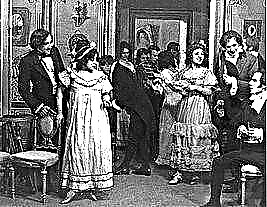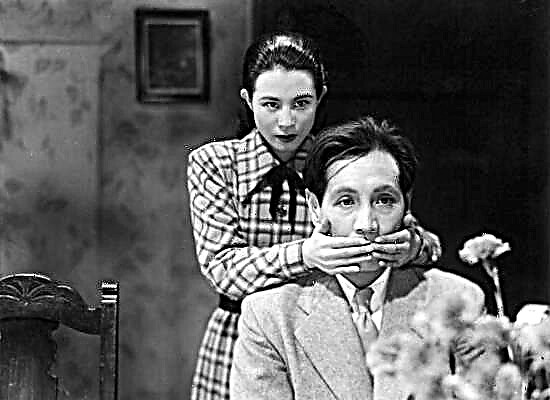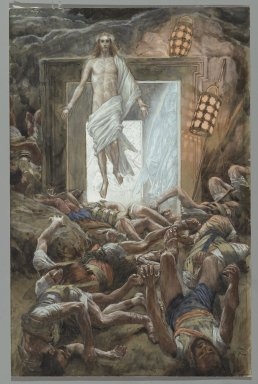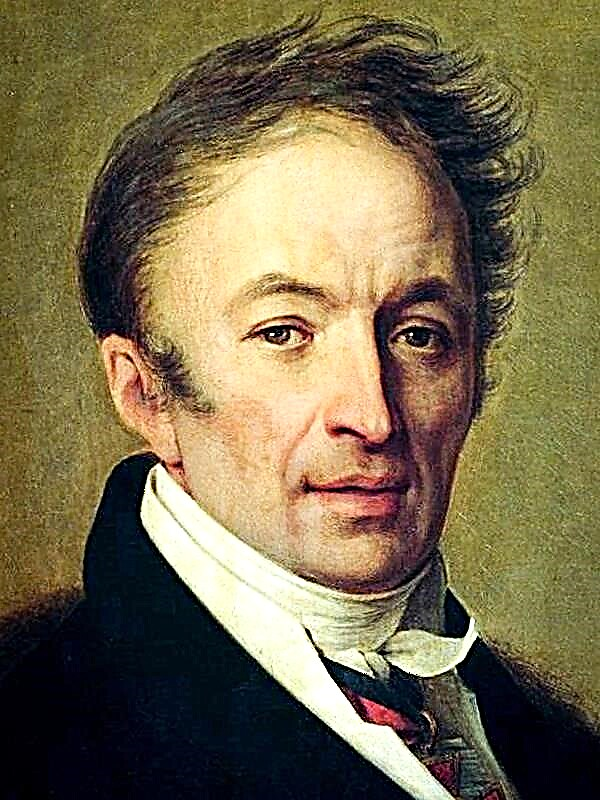About the messengers sent by King Leucius, called Basil at baptism, whom he sent to Babylon to take the famous values from the three holy youths - Ananias, Azariah and Misael.
Greek Guri, Georgian Jacob, Russian Lavra - the heroes of the translated story, sent by the Byzantine king Vasily to Babylon for the famous values that were kept by the three holy youths (mentioned in the Bible) of Ananias, Azaria, Misail. This choice of messengers is not accidental.
At the ruins of Babylon, surrounded by a huge sleeping snake, travelers who were in great difficulty were waiting for a saving inscription. She indicated the further path to the treasures, and the three phrases that composed her were in different languages - Greek, Georgian, Russian. From this moment in the story begins a whole series of mysterious incidents. In the church at the tombs of the holy youths, the heroes hear a mysterious voice demanding to continue the journey. On the bedside in the chambers of the abandoned palace they see crowns of precious stones of King Babylon Nebuchadnezzar and his Queen, destined for "God-protected Tsar Vasily and Blessed Queen Alexandra thanks to the prayers of the three holy youths", which was reported in Greek in letters attached to the crowns. On the way back the Georgians Yakov, stumbling on the stairs, fell down and woke the snake - a real pandemonium began.
Tsar Vasily, waiting for his ambassadors “in fifteen days of journey” from Babylon, hears the terrifying whistle of the snake, and does not hope to see the young men alive. However, after sixteen days, all three heroes (Greek and Russian save their friend), waking up after a dead sleep, come to the king and bring him crowns and "signs from Babylon." The finale of the story is unusually happy: the patriarch lays crowns on Tsar Vasily and his tsarina, envoys receive a reward and, most importantly, the tsar keeps his promise: he sends gifts to the Jerusalem patriarch and refuses to go to India to fight against “non-faith” enemies.
Thus, the choice of three heroes is determined by the ideological orientation of the Tale: only by joint efforts the envoys of three Orthodox countries (Greece, Georgia and Russia) are able to fulfill the will of the Byzantine king, who, in turn, is depicted in the work as an ideal Orthodox state.












